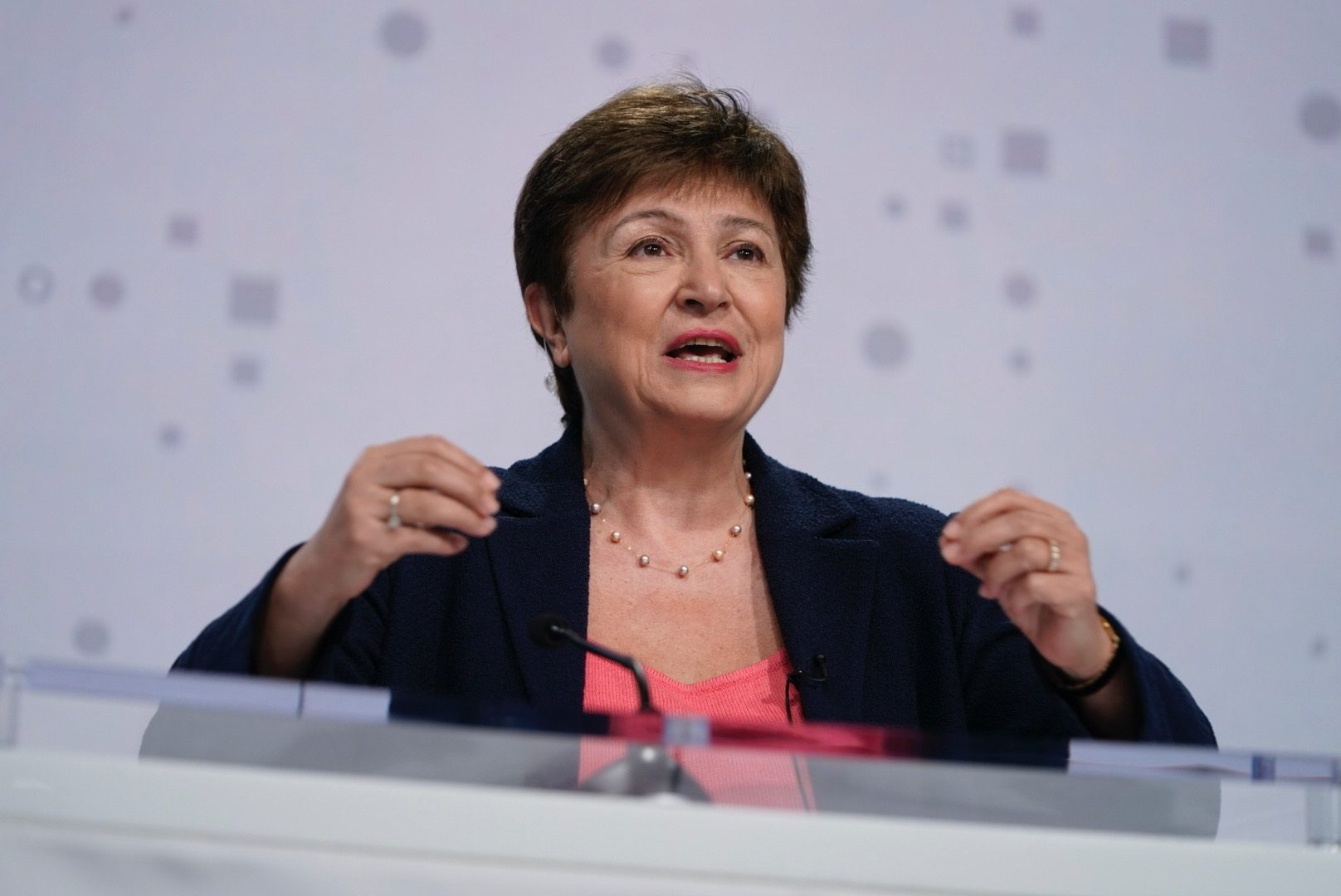World organisations, including WHO and IMF, are planning to invest in anti-Covid vaccines to help the world escape the pandemic.
The International Monetary Fund (IMF) and the World Bank are now prioritising providing Covid-19 vaccines to disadvantaged countries in a bid to fight the overspreading virus and put an end to over a year long health pandemic.
The World Health Organisation (WHO), World Bank and World Trade Organisation supported the IMF’s suggestion to invest $50 billion to help the world escape the novel coronavirus.
Managing Director of IMF, Kristalina Georgieva, along with WHO, launched a campaign to secure the amount, which will go to manufacturing and delivering vaccines to poor countries that still lack access to the shots.
The organisations are mainly concerned about the global economy which has been draining since the pandemic began last year. They found that investing in vaccines to provide immunity against the deadly virus is the only viable solution to aid a global economic recovery.
“Governments must act without further delay or risk continued waves and explosive outbreaks of Covid-19 as well as more transmissible and deadly virus variants undermining the global recovery,” the organisations said in a joint statement on Tuesday.
Last month, the IMF proposed a spending plan, which aims to immunise at least 40% of the world’s population by the end of 2021 – up from the 30% goal set by the WHO’s Covax vaccine initiative – and 60% or more by the first half of the next year.
Read also: Qatar sends urgent medical aid to virus-stricken Iran
The $50 billion plan is a great move, and the IMF and other organisations should push to “make sure it is on the table” at the two-day G7 meeting concluding Saturday, said Adnan Mazarei of the Peterson Institute for International Economic.
On Tuesday, the groups called for activating the vaccination donation drive to assist developing nations.
On Friday Georgieva will present the proposal to finance ministers from the G7 wealthiest nations during a meeting in London.
“The plan will require additional financing for low- and middle-income countries, with much of it coming from grants and below-market-rate loans,” Bloomberg reported.
“It also entails investing to boost vaccine production capacity by at least one billion doses, increasing output in regions and countries that at present make little,” the report added.
Based on the blueprint, it will also require increasing testing, tracing, oxygen supplies and public health measures, while speeding up the inoculation drive, and the work of the Access to Covid-19 Tools Accelerator, the campaign led by WHO and others.
The plan is expected to save lives and deliver a potential $9 trillion economic boost by 2025.
“IMF members are moving toward approving $650 billion in new reserve assets by the end of August to boost resources for nations, while the World Bank will have vaccine projects up and running in at least 50 countries by mid-year,” the Bloomberg report noted.
Read also: ‘No compulsion’ in taking Covid-19 vaccine, Qatar health official says
During the first stages of the pandemic, the IMF and World Bank warned that the health crisis would halt progress in disadvantaged areas in a move that could exacerbate poverty.
Authorities are concerned that if organisations do not proceed with the resume plan immediately more people will die, increasing the total deaths worldwide to more than 3.5 million.
To date, low-income countries have received less than 1% of the Covid-19 vaccine shots.
The IMF earlier extended direct debt relief to 29 of its “poorest and most vulnerable members.” It also doubled its emergency funding limits and multiplied its concessional resources by three times.
“The IMF stepped up as never before, lending some $110 billion to 84 countries since the start of the pandemic,” fund spokesman Gerry Rice told AFP.
Since last year, the World Bank has pledged about $108 billion in more than 100 nations in response to “the fastest and largest crisis” in the institution’s history, the bank’s chief of operations Axel van Trotsenburg said.
In a bid to accelerate the inoculation drive, “the World Bank has made $12 billion available… and expects to have projects for around $4 billion in 50 countries by mid-year,” Trotsenburg stated.
The proposal is expected to be approved in coming weeks.







